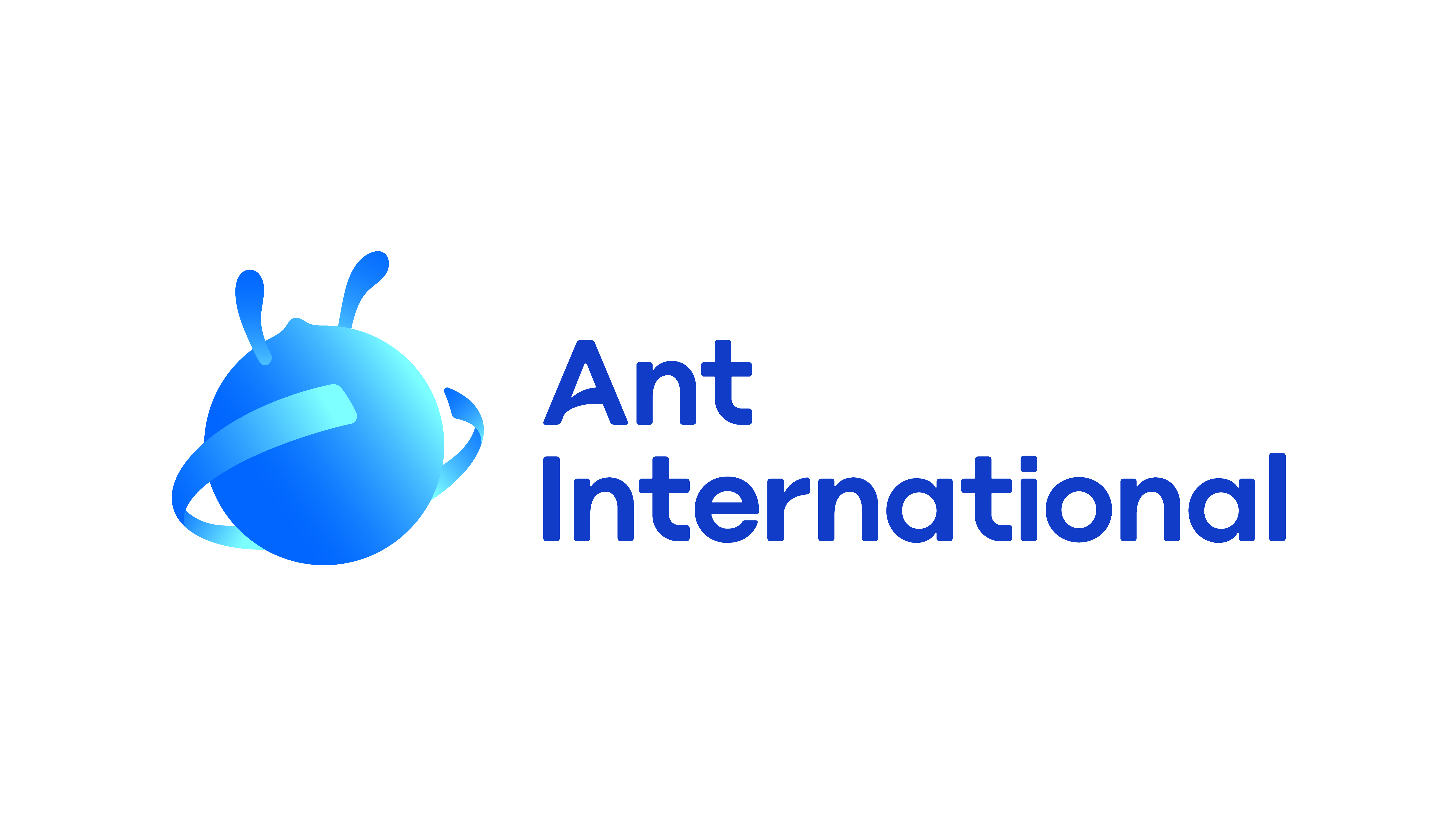
Citi and Ant International Launch AI-Powered Currency Tool That Cuts Airline Hedging Costs by 30%
AI Transforms Currency Hedging: How Citi and Ant's Alliance Could Save Airlines Billions
In an era where razor-thin profit margins define airline economics, a pioneering partnership between banking giant Citigroup and fintech powerhouse Ant International is quietly reshaping how carriers manage one of their most persistent financial headaches: currency risk.
A leading Asian airline has slashed its foreign exchange hedging costs by a remarkable 30% during initial transactions of a pilot program that marries Citi's multi-currency rate-locking platform with Ant's sophisticated artificial intelligence system. The results signal a potential sea change in corporate treasury operations that could ripple far beyond aviation.

The Billion-Parameter Breakthrough
At the heart of the innovation is Ant International's Falcon Time-Series Transformer Model, a specialized AI engine with approximately 2 billion parameters – a level of complexity that enables it to identify patterns invisible to conventional forecasting tools.
"Traditional time-series analysis simply can't capture the non-linear relationships in currency markets, especially during regime shifts," explained a senior AI researcher familiar with the technology. "What makes Falcon unique is its ability to process massive historical FX flows and learn from them in ways that statistical models like ARIMA or even basic machine learning approaches can't match."
When paired with Citi's Fixed FX Rates platform, which supports more than 70 currencies, the system allows treasury departments to secure exchange rates with unprecedented precision in their forecasting, potentially saving the global airline industry billions annually.
From Theory to Treasury: Real-World Results
The numbers tell a compelling story. In Ant's internal use cases, the Falcon model has achieved greater than 90% accuracy in forecasting – a figure that would have seemed fantastical to corporate treasurers just a few years ago.
For airlines processing billions in payments yearly across dozens of currencies, such accuracy translates directly to bottom-line impact. The 30% reduction in hedging costs demonstrated in the pilot represents just the beginning, according to Sam Hewson of Citi, who noted the partnership "accelerates go-to-market solutions" for clients in e-commerce and travel sectors.
"This marks the first industry-tailored AI FX solution with a bank," said Kelvin Li of Ant International, emphasizing the demonstrated cost savings as proof of concept.
Beyond Buzzwords: How It Actually Works
Unlike generic AI implementations that have flooded financial services, often with more marketing hype than substance, the Citi-Ant solution addresses a specific, quantifiable pain point.
The system works by analyzing historical currency movements alongside airline-specific data patterns in ticket sales. When a carrier sells tickets in multiple currencies but has expenses denominated primarily in their home currency, the AI forecasts exactly how much foreign exchange exposure they'll face and when – allowing treasurers to lock in rates with precision rather than overhedging (wasting money on unnecessary protection) or underhedging (leaving the company vulnerable to adverse movements).
"The difference between this and existing approaches is granularity," observed a treasury consultant who advises several international carriers. "Rather than using rule-based systems that might say 'hedge 75% of expected exposure at 90 days out,' the AI can differentiate seasonal patterns, route-specific variables, and even correlations between currency pairs that humans would never spot."
The $45 Billion Opportunity
The stakes are enormous. With global airline revenues approaching $900 billion in 2024, even a conservative estimate of 5% allocated to FX hedging implies a $45 billion addressable market for risk solutions. A 30% improvement in efficiency across the industry could theoretically unlock $13.5 billion in savings – enough to transform the notoriously thin-margin business of air travel.
Beyond aviation, the corporate FX solutions market was valued at approximately $0.84 trillion in 2025, with projected growth at around 5.8% annually through 2033. This explains why both Citi and Ant view the airline pilot as merely the first stage in a broader strategy.
Silicon Valley vs. Wall Street: The Competitive Battlefield
The Citi-Ant partnership represents an intriguing development in the ongoing convergence of traditional finance and technology, but it's far from unopposed.
Major global banks including JPMorgan, HSBC, Barclays, and Standard Chartered offer their own forward-and-option suites, often paired with proprietary analytics. Meanwhile, fintech and treasury management system providers like Kyriba and Kantox have embedded machine learning forecasts into their platforms, while cloud giants including AWS and Google Cloud provide time-series APIs that large corporates have piloted for internal forecasting.
"What makes the Citi-Ant offering stand out is the direct embedding of a transformer architecture into a packaged, online-sales FX locking product," noted a currency strategist at a competing institution. "But the real question is whether they can maintain their accuracy advantage as they scale beyond one carrier, particularly if market volatility patterns shift."
The Hidden Challenges Behind the Headlines
Despite the promising early results, significant hurdles remain. Large transformer models demand substantial computing resources, raising questions about the incremental costs versus accuracy gains for potential clients. Integration with legacy treasury systems presents another challenge, as does the "black box" nature of complex AI models in an industry where regulators and auditors increasingly demand transparency.
"Model drift is a real concern," cautioned a risk management specialist. "Currency markets evolve constantly – what happens if geopolitical shocks create patterns the AI hasn't seen before? The governance framework around these systems will be just as important as their technical capabilities."
Smart Money Moves: What Investors Should Watch
For investors eyeing opportunities in this space, several indicators merit close attention:
The pace of expansion beyond the initial airline pilot will reveal whether the 30% cost reduction is replicable across different carriers and market conditions. Success could drive higher platform usage and fees for Citi, potentially justifying modest multiple expansions relative to banking peers.
Cross-sector adoption will be critical – if the solution gains traction in e-commerce, manufacturing, and marketplace businesses, it could signal a broader shift in corporate treasury practices.
Data advantages may prove decisive – as Ant collects more airline payment information, its model could potentially outperform generic AI services, creating a defensible competitive moat.
"This isn't a paradigm shift in FX trading, but it is a notable innovation in packaged corporate hedging," summarized a veteran fintech analyst. "The real value will come from consistent cost savings across geographies and volatility regimes."
Disclaimer: This analysis is based on current market data and historical patterns. Past performance does not guarantee future results. Readers should consult financial advisors for personalized investment guidance.